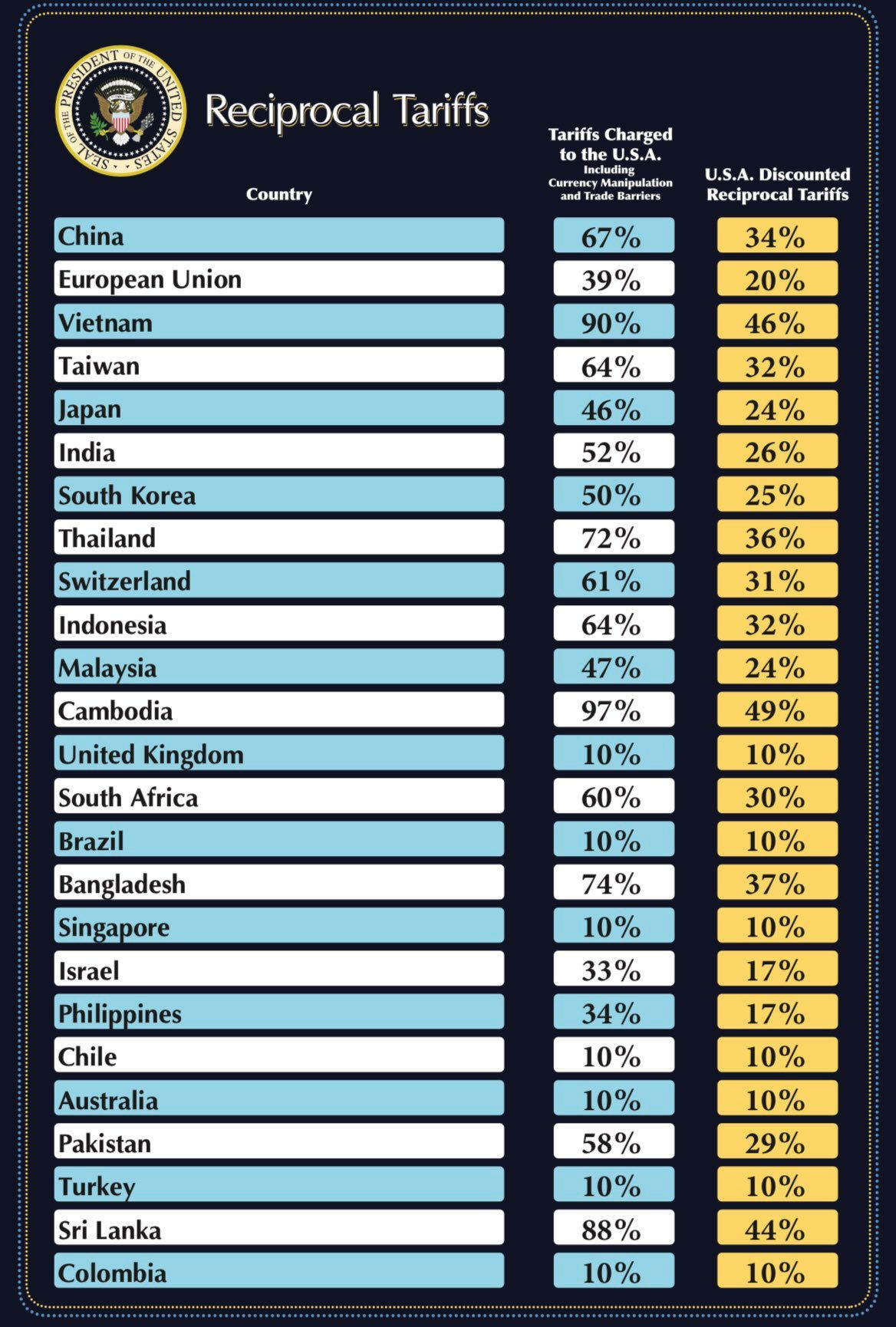Cambodia’s Huione cyberscam role complicates any Trump tariff concessions
Implementation of 49% "reciprocal" tariff would be devastating
US plans to curtail access to its financial system for Cambodia’s Huione Group due to its role in money laundering and cyber theft cloud any prospect for a reduction of the reciprocal tariff for Cambodia announced by President Donald Trump.
The US Department of the Treasury’s Financial Crimes Enforcement Network (FinCEN) on May 1 designated Huione as a “financial institution of primary money laundering concern.”
Huione, FinCEN said, is a critical node, for ‘pig butchering’ scams being carried out by organized crime groups in Southeast Asia. FinCEN added that Huione is also involved in laundering proceeds of cyber heists carried out by North Korea.
Hun To, a cousin of Cambodian Prime Minister Hun Manet, is a director of Huione Pay, which is part of the Huione Group. No-one in Cambodia has ever been arrested for operating a cyber-scam compound.
The FinCEN decision follows the publication of a report in April by the United Nations Office on Drugs and Crime (UNODC) which details Huione’s activities. The report says that Huione Guarantee, which now calls itself Haowang, has become “one of the world’s largest illicit online marketplaces.”
Huione’s payment service institution license was withdrawn by Cambodia’s central bank in March. But according to UNODC, this does not seem to have affected Huione’s ability to operate.
Cambodia faces the steepest US reciprocal tariff in Southeast Asia at 49%. Implementation of the tariff would be a devastating blow. The US is Cambodia’s largest market by far, with garments, footwear and travel goods the main categories. Exports from Cambodia to the US increased 11% to $9.9 billion in 2024.
The Cambodian government will be discussing tariffs with the US Trade Representative (USTR) on May 14-15. It’s hard to see how the USTR can reduce or eliminate its reciprocal tariffs on Cambodia while the country is being used as a cyber-scam hub. The FBI has estimated that US citizens lost $4.4 billion to pig butchering scams, mostly operated from Southeast Asia, in 2023 alone.
In 2024, the US sanctioned Cambodian Senator Ly Yong Phat, an advisor to Hun Manet, for his role in cyber-scams and the human trafficking which makes them possible.
In the very short term, Cambodian exports to the US will hold up and likely even increase. Trump’s delay in the implementation of most reciprocal tariffs until July 9 creates an incentive to get shipments done in advance.
But further out, even a possible Trump rollback on Chinese tariffs may not apply to Cambodia in the absence of a credible crackdown on corruption, and wider governance reforms.
And if the tariffs on Cambodia are implemented, the risk for the US is that some of the Cambodians who will inevitably lose their jobs will be tempted to try their luck in the cyberscam industry.




